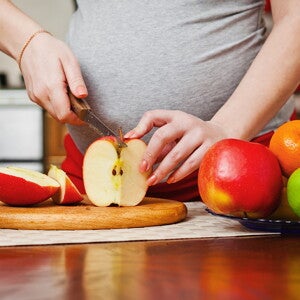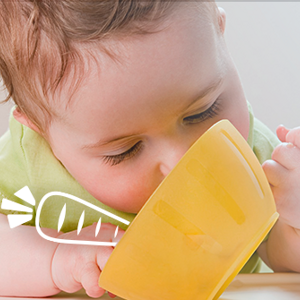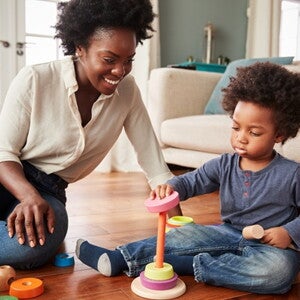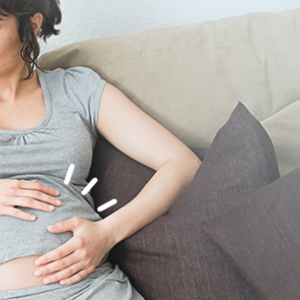Search

38 Months Milestone
If you’re happy and you know it, clap your hands

61 months Milestone
The delight of mastering the hop, slide, skip and gallop

39 Months Milestone
Nip, flip, grip – I know how to hold my pencil

71 months Milestone
From small beginnings come great things

56 months Milestone
Special time nurtures your child emotionally

70 Months Milestone
The difference between pitter and patter

67 months Milestone
Preparing to enter the sports arena
Your child is now preparing to enter the sports arena in primary school.

40 Months Milestone
The greatest gift is to let your child know they are loved

54 months Milestone
My new language skills are expanding my world

36 Months Milestone
Joyful chatter is gaining momentum
Your three-year-old’s language skills develop at a rapid pace.

43 months Milestone
Life’s a great balancing act
At 43 months, children learn to balance with increasing confidence.

45 Months Milestone
Your child is learning to use those little hands
Your child’s fine motor skills are developing. They are now able to pour water from a jug.

Now performing...Family sing-a-long!
Now performing...Family sing-a-long!

Veggie stories? I’m all ears!
Veggie stories? I’m all ears!

Let's get those little muscles moving!
Let's get those little muscles moving!

Food choices for a healthy pregnancy
-

Did you know?
As children begin eating from the family table, their diets begin to mirror diet patterns of older siblings and adults

Planning to breastfeed?
Practical action steps to take before, during, and after birth

Your guide to starting solids
Now the adventure really starts, introducing solid foods to your baby is a lot of fun as they adjust to new tastes and textures











